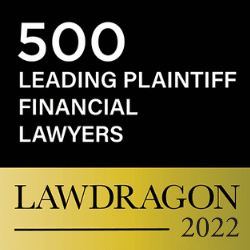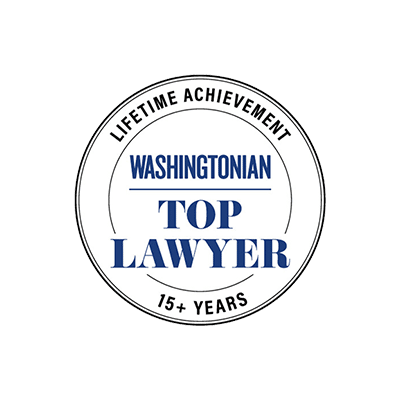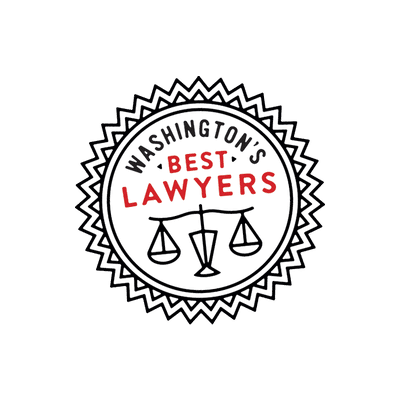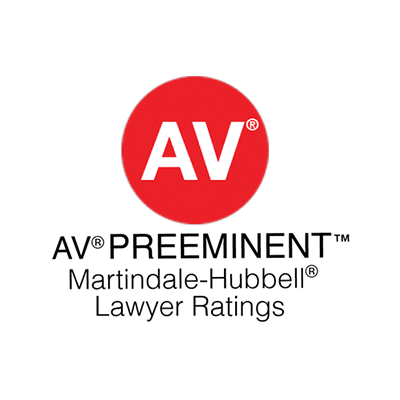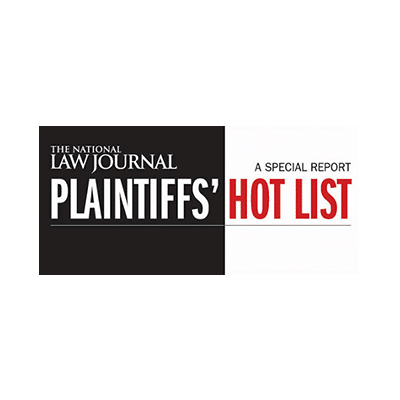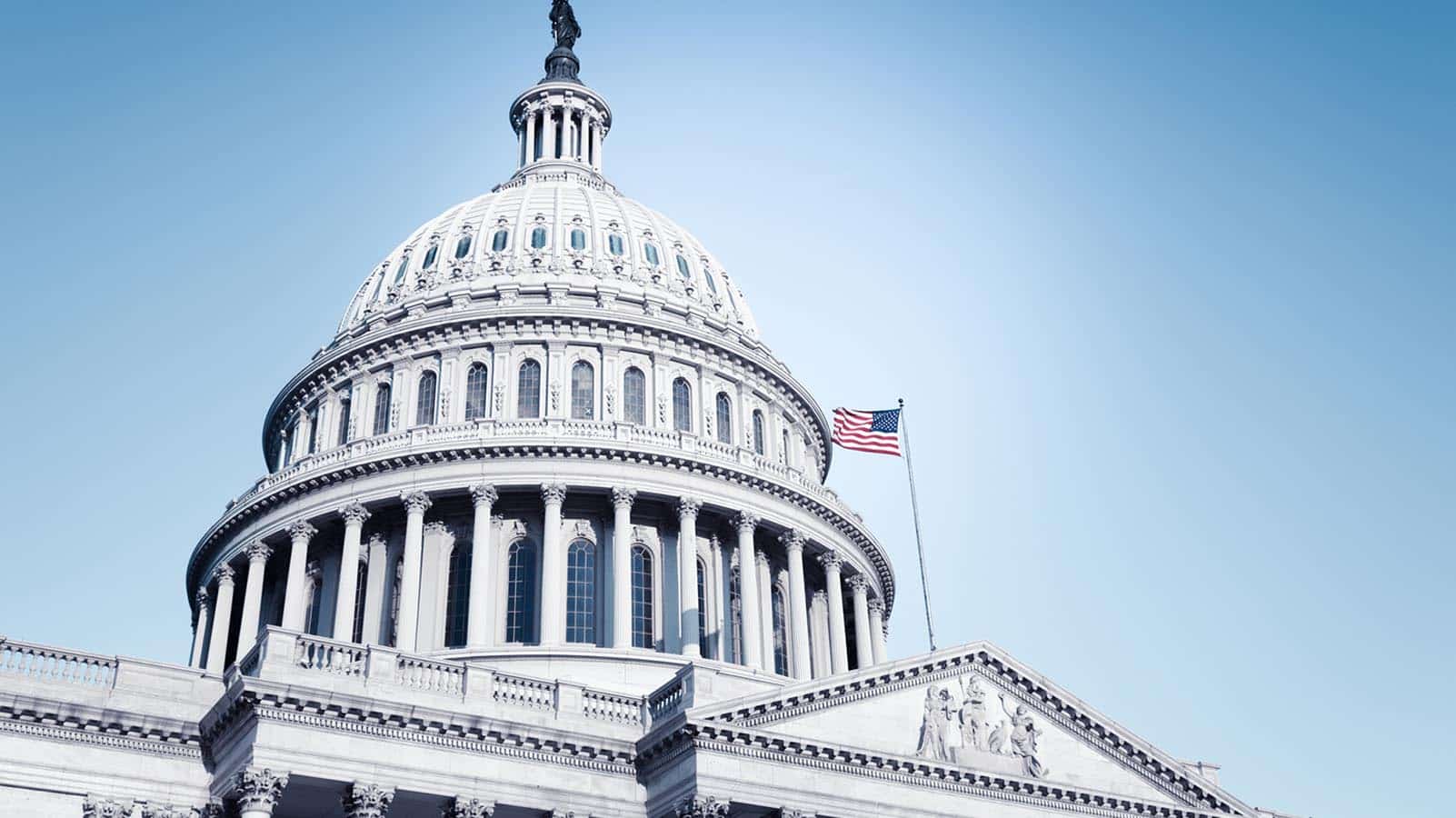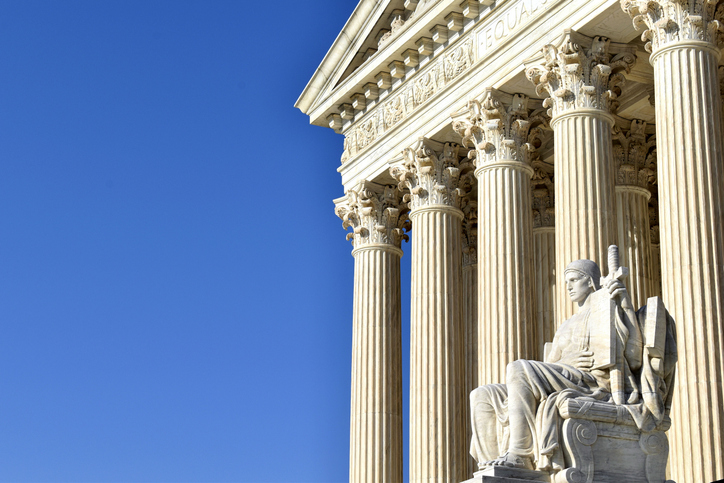Fiscal Year 2024, total net spending by the Centers for Medicare and Medicaid Services (CMS) was $1.52 trillion, according to CMS.
This leaves it open to fraud and abuse by healthcare providers, medical equipment and supply companies, pharmaceutical companies, patients, and other third-party providers, including criminal organizations.
For many years, the firm Kohn, Kohn and Colapinto has represented whistleblowers who blow the whistle on Medicare and Medicaid fraud under the False Claims Act (FCA). The types of frauds include kickbacks, risk adjustment fraud, upcoding, unbundling, false billing, knowingly failing to abide by conditions of payment for Medicare and Medicaid reimbursement, and violations of the Stark Law.
Notable cases include Daniel Richardson v. Bristol Myers Squibb. Richardson was one of many whistleblowers who alleged that the pharmaceutical company paid kickbacks to illegally market prescription drugs to increase costs to Medicare, Medicaid, Tricare and other government health care programs – paid for by taxpayers.
Together, we were able to help the government recover over $515 million for taxpayers. While many whistleblowers participated in the settlement, Richardson received the largest a qui tam relators share (award) of the whistleblowers who worked for the company.
Your information could not only save countless lives but also save the government and taxpayers’ millions of dollars and potentially qualify you for an award. If you know of a provider, patient, or supplier engaging in illegal activity just to profit from Medicare, Medicaid, Tricare or other government health programs, we suggest you contact our firm for a free and confidential case review.Our attorneys work on a contingency fee basis, which means there is no fee unless we win your case and obtain a recovery.
Why Choose Us?
Not only have we won massive settlements for our clients, as demonstrated above in the case of Daniel Richardson v. Bristol Myers Squibb, but we’re also considered the most experienced whistleblower law firm, with a winning track record that spans more than 35 years. We’ve gone up against some of the world’s largest organizations and have won.
In addition to this, our firm is the right choice because of the following:
- Deep Expertise in Whistleblower Law: Many firms have multiple practice areas, whereas KKC is a boutique firm focusing on exclusively representing whistleblowers.
- Extensive False Claims Act (FCA) Experience: KKC has a long and successful history of litigating FCA cases and advocating pro bono for stronger protections.
- Significant Recoveries: We’ve been instrumental in recovering billions of dollars for the U.S. Treasury in many different whistleblower cases and securing substantial awards for our whistleblower clients.
- Legal Pioneers: Founding partners Stephen M. Kohn, Michael D. Kohn and David K. Colapinto are among the most prominent whistleblower attorneys and advocates in the country.
- Public Advocacy: The firm’s founding partners also founded the National Whistleblower Center, a non-profit advocacy organization that works to protect and strengthen whistleblower rights and protections globally.
- Awards and Peer Reviews: The firm and its attorneys are consistently recognized by legal ranking organizations and peers for their work in whistleblower law.
What is Medicare Fraud Anyways?
Medicare fraud is the act of knowingly and intentionally submitting, or causing to submit, false information or false statements to claim payments from the Medicare program to which an individual or entity is not entitled. In essence, Medicare fraud involves deception for illicit gain. Fraud on other government healthcare programs, such as Medicaid and Tricare, also are victimized by fraud.
Common fraud schemes and tactics include:
- Phantom Billing: Phantom billing occurs when providers charge Medicare for services, tests, or medical supplies that were never actually provided.
- Upcoding: Inflating bills by using a billing code that indicates a more expensive or complex service was performed than what was rendered. For example, billing for a comprehensive office visit when only a brief check-up occurred, or billing for more expensive care when it is not required or not performed at all.
- Unbundling: Billing separately for services that are typically grouped together under a single, more cost-effective billing code.
- Kickbacks: Offering, soliciting, or receiving payment (in cash or other forms of remuneration) to influence the referral of patients for services or products covered by Medicare. Medicaid, Tricare or other government healthcare programs.
- Billing for Unnecessary Services: Providing treatments, tests, or equipment that are not medically necessary and reasonable for a patient’s condition and knowingly submittedfor the purpose of generating bills to Medicare, Medicaid and Tricare.
- Billing without Meeting Conditions for Payment: Submitting claims without the provider following the conditions that Medicare has established for reimbursement. For example, failing to use FDA-approved devices or following all material steps or procedures required as a condition for Medicare coverage can be a false claim.
- Medical Identity Theft: Stealing a Medicare beneficiary’s identification number to fraudulently bill for services or equipment in their name. This can lead to inaccuracies in the victim’s medical records and potential denial of legitimate claims in the future.
- Fraudulent Prescriptions: Forging prescriptions or diverting legally prescribed medications for illegal resale.
- Telehealth and Genetic Testing Scams: A growing area of fraud involves scammers contacting beneficiaries to offer “free” consultations or genetic testing, then using their Medicare information to bill for unnecessary or never-rendered services.
Learn more about frauds in healthcare here:
Whistleblowing in Healthcare: Types & Frauds
Most Prevalent Frauds: Risk-Adjustment Fraud
The most prominent type of fraud in Medicare Part C (or Medicare Advantage Plans) is risk adjustment fraud, which is a more sophisticated form of upcoding.
In Original Medicare, the government pays directly for each service provided. In Medicare Part C, known as Medicare Advantage, the government pays private insurance companies a fixed monthly amount per beneficiary to cover their care.
This payment is “risk-adjusted,” meaning the insurer receives more money for sicker patients who are expected to have higher healthcare costs. How do they make the patient appear sicker? By submitting false diagnoses codes which they can bill the government for. This increases a patient’s risk score, which results in the insurance company receiving inflated, unearned payment from Medicare.
Additionally, fraud on Medicare Part C is not limited to risk adjustment fraud. It also includes the traditional types of fraud schemes that exist in the original Medicare fee for service. Approximately, 85% of Medicare Advantage plans are paid by Medicare. The other 15% covers costs of the plan and profit for insurers and administrators. However, fraud in Medicare Advantage is also fraud on Medicare itself. The higher costs resulting from fraud is often passed on to the government by the Medicare Advantage plans.
Many providers are not aware that Medicare Advantage is actually paid for by Medicare because the plans are operated by private insurance companies. It is still Medicare and the same anti-fraud rules apply to Medicare Advantage as regular Medicare.
Medicaid is also becoming managed care in many states, and faces the same fraud schemes as Medicare Advantage plans. Regardless of how these managed care plans are presented to providers and beneficiaries, they are subject to the same rules and regulations and the False Claims Act can be used to help whistleblowers report fraud in these programs, just as regular Medicare and Medicaid.
For a more concrete overview of Medicare Part C fraud, please view our FAQ:
Medicare Part C Fraud and the False Claims Act
Combatting Medicare and Medicaid Fraud: The False Claims Act
The False Claims Act (FCA) is the most powerful law in the fight against Medicare and Medicaid fraud.
Created by Abaham Lincoln at the height of the Civil War, the FCA makes it illegal for any person or entity to “knowingly” submit, or cause to be submitted, a false or fraudulent claim for payment to the U.S. government.
In the context of Medicare, this includes hospital billing for services never rendered to a pharmaceutical company paying illegal kickbacks to doctors to induce prescriptions.
The “knowingly” standard under the FCA is broad. It doesn’t require proof of a specific intent to defraud. Liability can be established if a defendant acted with:
- Actual knowledge that the information was false.
- Deliberate ignorance of the truth or falsity of the information.
- Reckless disregard for the truth or falsity of the information.
This standard prevents defendants from avoiding liability by simply claiming they “didn’t know” while willfully ignoring clear evidence of fraud.
Qui Tam Provision
What makes the FCA so powerful is its qui tam provision, which allows private citizens with information of fraud against the government to file a lawsuit on behalf of the government. These citizens are known as “relators,” and are often employees, suppliers, or competitors.
The FCA provides powerful incentives and protections to encourage individuals to come forward, which include the following:
- Financial Rewards: If the case is successful and the government recovers money, the whistleblower is entitled to a share of the recovery, which is 15% to 30% of the total amount recovered. Given that Medicare fraud cases can result in recoveries worth tens or even hundreds of millions of dollars, these awards can be substantial.
- Anti-Retaliation Protections: The FCA makes it illegal for an employer to fire, demote, harass, threaten, or otherwise discriminate against an employee for taking lawful actions in furtherance of an FCA case. An employee who suffers retaliation can sue for reinstatement, double back pay, and other damages.
Thanks to the courage of whistleblowers and the power of its qui tam provision, the False Claims Act has been instrumental in recovering billions of dollars from fraudsters and remains the primary tool for the integrity of the Medicare program.
Reporting Medicare Fraud: The Process
If you’re serious about filing a qui tam lawsuit, you must hire a U.S.-based attorney to represent you. Below is the general qui tam lawsuit process:
- Filing Under Seal in Medicare Cases: A Medicare whistleblower (qui tam “relator”) files a complaint in federal court detailing the alleged Medicare fraud. This complaint is initially kept secret (also known as: under seal).
- Disclosure to the Government in Medicare Cases: The relator must provide the Department of Justice with a copy of the complaint and all supporting evidence related to the Medicare fraud.
- Government Investigation of Medicare Fraud: The government investigates the allegations of Medicare fraud, often interviewing the whistleblower and reviewing the provided evidence. This investigation period can be extended.
- Government Decision to Intervene or Decline in Medicare Cases: The government decides whether to join the lawsuit (intervene) or allow the relator to proceed independently (decline). Intervention often signals a stronger case in the government’s view.
- Unsealing the Complaint in Medicare Cases: Once the government makes its decision, the lawsuit is typically unsealed and becomes public. However, some whistleblowers are increasingly filing Medicare fraud cases under the False Claims Act by forming a Limited Liability Company to further protect their identity when the complaint is unsealed. It is important that whistleblowers consult with experienced counsel who understand the intricacies of the False Claims Act to learn what options are available to protect their identities to the fullest extent possible.
- Litigation of Medicare Fraud: The case proceeds through the legal process, potentially involving discovery, motions, and a trial, either with the government as the primary prosecutor or with the relator’s counsel taking the lead if the government declined intervention. Most cases are not pursued without the government, but sometimes they can be successful through litigation after the government declines the case.
- Settlement or Judgment in Medicare Fraud: Many FCA Medicare fraud cases are resolved through settlements. However, as previously stated, if the case goes to trial, a judgment will be rendered.
By following these crucial steps and securing qualified legal counsel, whistleblowers can play a vital role in holding fraudulent actors accountable for Medicare fraud.
Other Federal Laws Related to Healthcare
Anti-Kickback Statute (AKS)
The Anti-Kickback Statute (AKS) is a federal law designed to combat criminal activity within the healthcare sector.
AKS prohibits the payment of “remuneration” to induce or reward patient referrals or the generation of business involving any item or service payable by federal health care programs, such as drugs, supplies or other healthcare services for Medicare or Medicaid patients.
Stark Law (Physician Self-Referral Law)
The Stark Law, also known as the Physician Self-Referral Law, is a set of regulations in the United States that prohibits physicians from referring Medicare or Medicaid patients to receive Designated Health Services (DHS) at certain facilities if the physician has a financial connection to the facility.
A financial relationship means that the physician or an immediate family member has a stake in the facility and benefits financially from the patients self-referred. This covers ownership, investment, or any compensation agreement the physician has with the facility.
The primary purpose of the Stark law is to prevent fraud and abuse in healthcare. Referrals should be based on the needs of the patient, not the physician’s financial gain.
Health Care Fraud Statute
Criminalizes knowingly and willfully executing or attempting to execute a scheme to defraud any health care benefit program. This statute applies to a wide range of fraudulent conduct involving health care, making it a key tool for prosecutors.
Get in Touch with the Leading Medicare Fraud Attorneys Today
The process of reporting Medicare fraud requires careful legal navigation, which is why working with an experienced Medicare fraud attorney is essential to protect your rights and maximize the potential for a successful outcome.
If you’re aware of healthcare providers, patients, or suppliers committing fraud to illegally profit from Medicare, we encourage you to reach out for a confidential consultation at no cost. Our legal team operates on a contingency basis—you pay nothing unless we successfully recover funds on your behalf.
Frequently Asked Questions
Frequently Asked Questions
False Claims Act Cases
Relevant FAQs
Latest News & Insights
January 22, 2025
Our pro bono team has helped lead the fight to pass amendments which would strengthen the False Claims Act (FCA).



